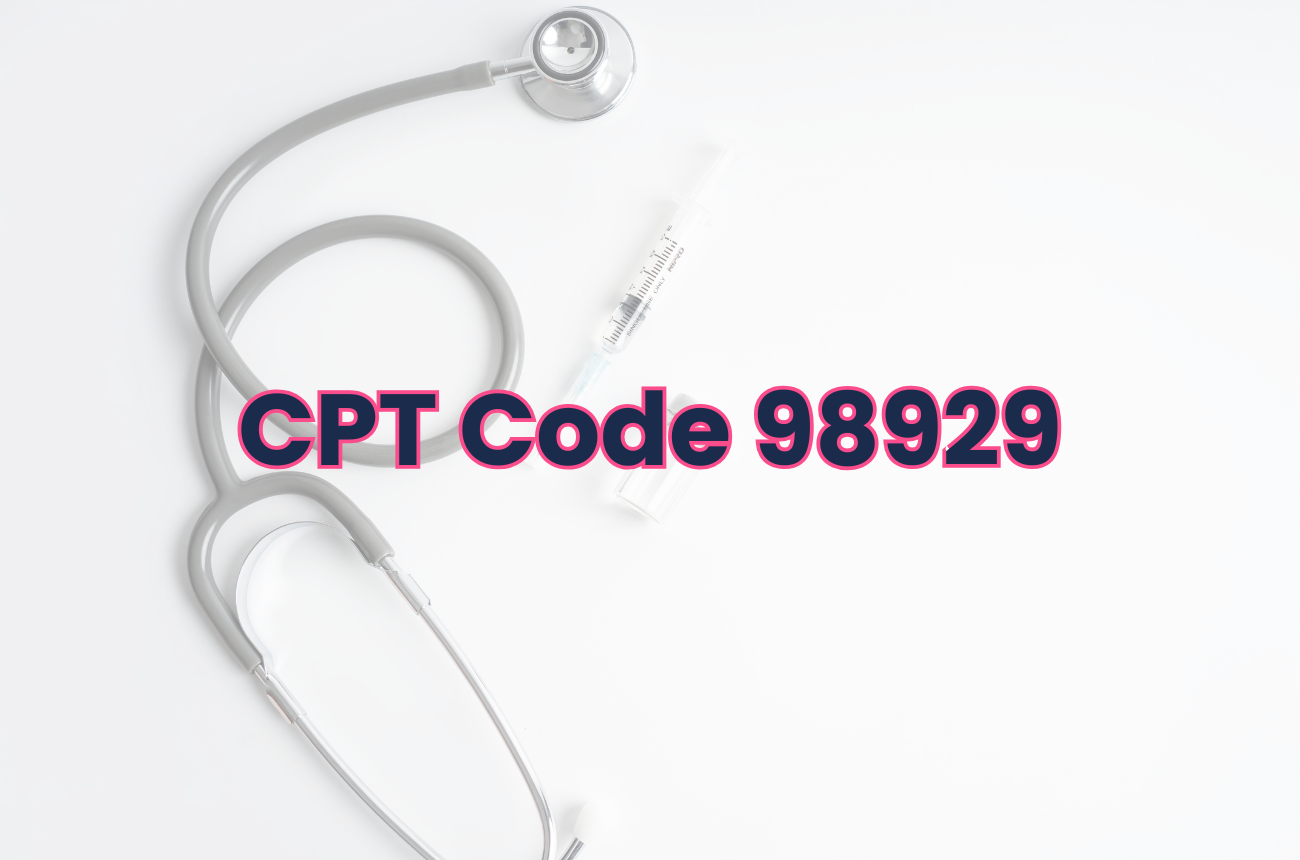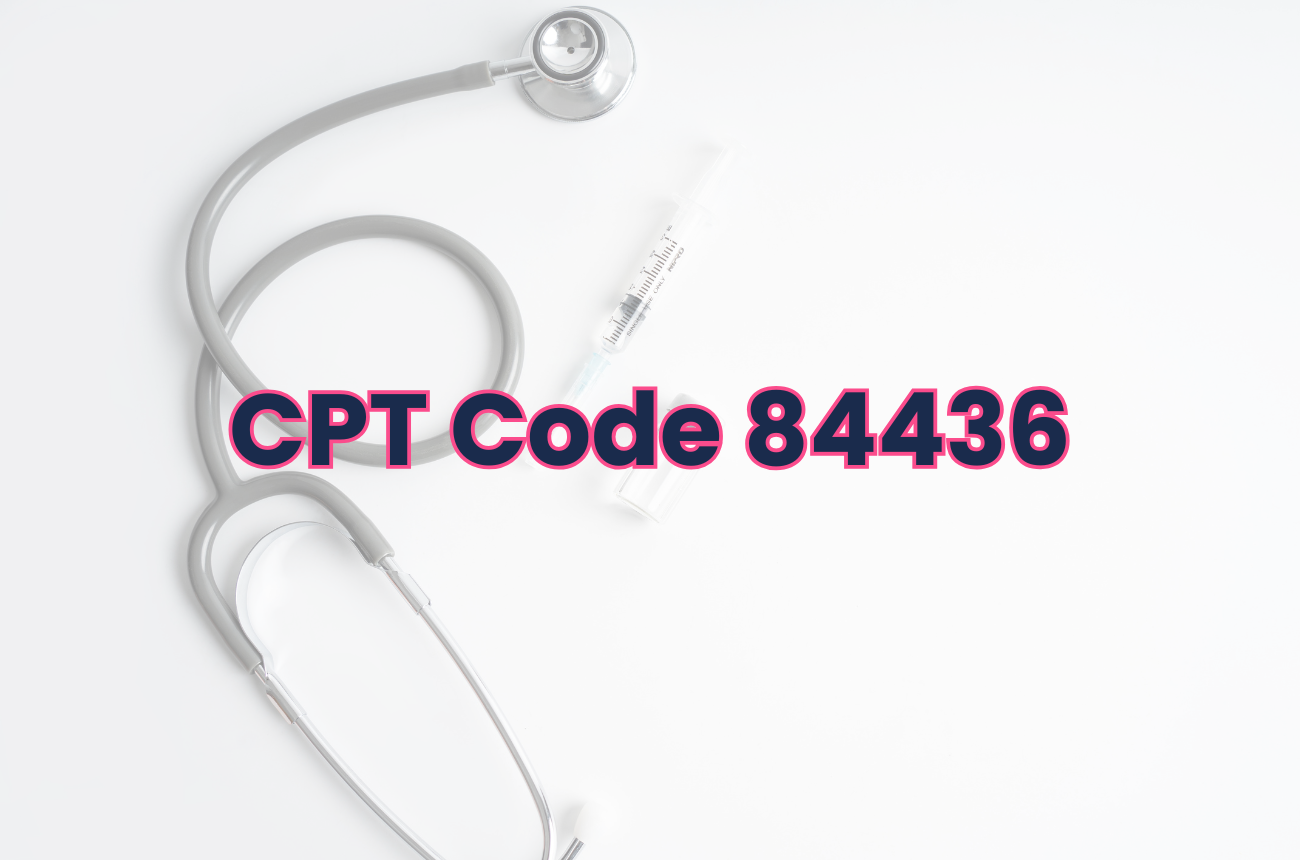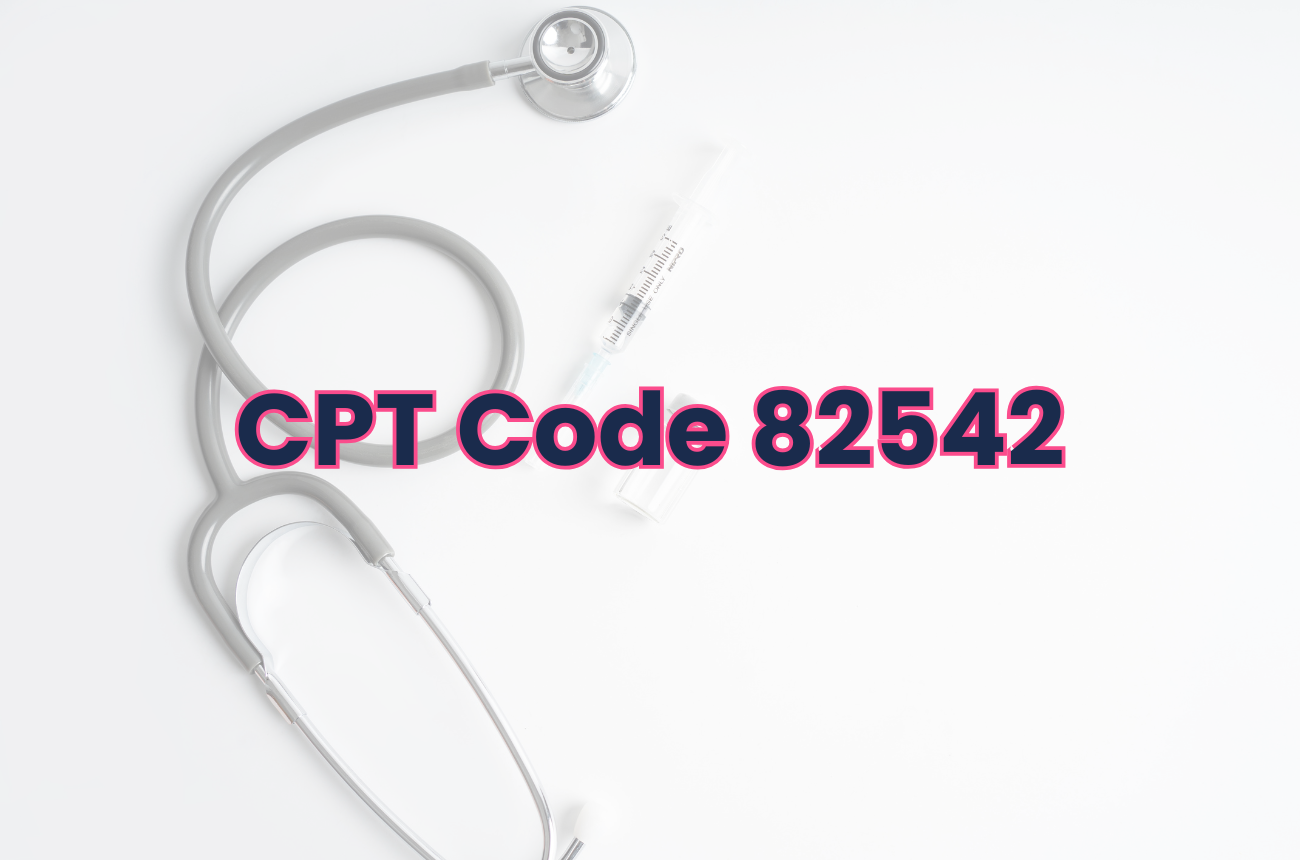CPT® Code 11980 is used to report the subcutaneous insertion of hormone pellet(s), a procedure commonly performed in aesthetic, wellness, and integrative practices to support hormone replacement therapy (HRT).
Code 11980 covers the surgical procedure of inserting hormone pellets beneath the skin, typically in the hip or gluteal region, using a small trocar. The pellets are designed to release hormones over a sustained period (usually 3–6 months), depending on the patient’s needs. This code applies to the initial insertion or reinsertion of hormone pellets and should be documented carefully to support clinical necessity and proper reimbursement.
Key facts about CPT Code 11980
- Procedure: In-office, subcutaneous insertion of hormone pellets (e.g., testosterone, estradiol)
- Duration: Typically performed in under 30 minutes
- Performed by: Physicians, nurse practitioners, or physician assistants within scope of practice
- Common indications: Hormone imbalances, menopause symptoms, andropause, low testosterone, fatigue, mood changes
- Not included: Cost of the pellets themselves—these are reported separately using HCPCS codes or as a supply charge
When to use CPT Code 11980
CPT 11980 should be reported when a patient undergoes pellet-based hormone replacement therapy (HRT) involving the insertion of hormone pellets into the subcutaneous tissue. The procedure typically requires a minor incision and sterile technique, and is often done in the office setting under local anesthesia.
This code does not cover the follow-up care, pellet removal, or refill visits unless a new insertion is performed.
Documentation requirements
To appropriately bill for CPT 11980, documentation should include:
- A clear indication for hormone therapy
- Specific hormones and dosages used
- Details of insertion site, anesthesia, and sterile technique
- Patient consent and education about risks and benefits
- Post-procedure care instructions and follow-up plan
If pellets are billed separately, documentation should support the medical necessity and quantity of the hormone used.
Reimbursement and coding considerations
Reimbursement for CPT 11980 depends on payer policies and whether hormone replacement therapy is considered medically necessary. Tips for successful billing include:
- Use supporting ICD-10 codes (e.g., E29.1 – Testicular hypofunction, E28.319 – Other ovarian failure)
- Submit separate claims for pellet cost or pharmacy billing
- Be aware of frequency limitations or gender-specific diagnosis requirements
- Some insurers may consider pellet HRT investigational, so prior authorization may be required
How OptiMantra supports hormone therapy practices
Practices that provide hormone pellet therapy benefit from OptiMantra’s flexible EHR and billing features. With OptiMantra, providers can:
- Document hormone insertion procedures with custom templates
- Track patient response and manage repeat treatment intervals
- Include both CPT and HCPCS codes on claims with ease
- Automate recall and reminder workflows for follow-up insertions
- Offer integrated e-prescribing, scheduling, and patient education
Whether you run a medspa, wellness clinic, or integrative medical practice, OptiMantra helps you streamline the clinical, billing, and patient engagement sides of hormone therapy—so you can focus on delivering effective, personalized care.
Try OptiMantra for free here!
.png)





